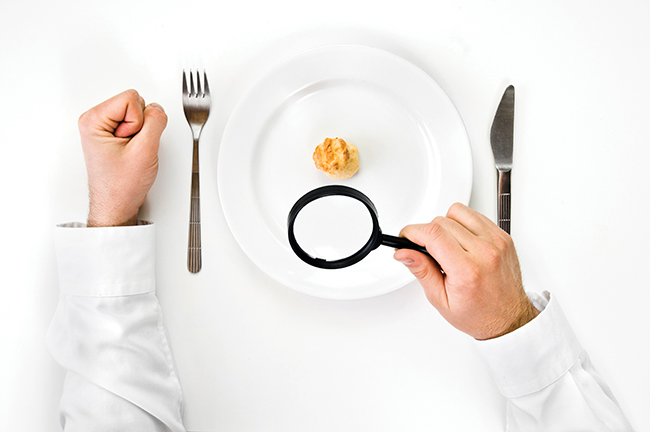Despite our best intentions and attention to detail, gluten can bypass the system…

As research around this Gluten related disease grows and the number of people affected by gluten spirals, is going gluten-free really enough to manage gluten-
related disorders?
Have you been glutened?
Gluten-free diets are commonly associated with long-term management of Coeliac Disease (CD), a lifelong autoimmune disease caused by a reaction to gluten. According to Coeliac UK, 1 in 100 people are affected, however, evidence suggests these statistics are the tip of the iceberg due to the prevalence of other gluten-related disorders such as Non-Coeliac Gluten Sensitivity (NCGS), a spectrum of gluten reactivity.
Accidental gluten exposure can lead to unpleasant and, in some cases, debilitating symptoms that may or may not be related to the digestive system. The consequences of long-term complications relating to exposure, such as anaemia, infertility, osteoporosis and neurological conditions should never be underestimated as they pose significant threats to the wellbeing of CD and NCGS sufferers. Alarmingly for those individuals, without symptoms, being ‘glutened’ is even more of an enigma. How can they monitor compliance to a gluten-free diet and are they really being as careful as they think?
Staggering statistics
The conventional treatment of CD (and NCGS) is very simple: stop eating gluten and as if by magic all your symptoms will disappear. Is this reflected in your personal experience? Probably not, as recent research on the incidence and scope of accidental gluten exposure is mind-blowing.
A 2017 study in the journal Gut, using the urinary analysis of Gluten Immunogenic Peptides (GIPs), revealed that an unbelievable 45% of children and 48% of adults on long-term gluten-free diets were exposed to measurable amounts of gluten. GIPs are fragments of gluten proteins that are resistant to digestion and trigger immunological reactions, (supporting) concerns over CD sufferers who do not fully recover while following a strict gluten-free diet.
More recently, in February of this year, a study in The American Journal of Clinical Nutrition examined gluten exposure among CD sufferers using stool and urine analyses. The researchers found the mean daily consumption for adults on a gluten-free diet was 244mg (urine analysis) and 363mg (stool analysis). This is astonishing given a mere 10mg, or an eighth of a teaspoon of flour, is enough to trigger an immunological response in susceptible individuals.

What does this research reveal?
Simply removing gluten from the diet is not enough for the successful clinical management of CD. Although the research above solely analysed CD data, one can assume these findings relate to any gluten-related disorder when the adherence to a gluten-free diet is essential.
It also demonstrates that even with 100% perceived compliance, avoiding gluten is problematic due to farming practices, processed foods, incorrect labelling, cross contamination, personal care products and dining out. Gluten is undoubtedly around every corner, so what can you do to reduce your risk of being ‘glutened?’
GlutenDetect
Finding out if you have been ‘glutened’ has become easier and more accurate than ever before thanks to a test that can detect GIPs. GlutenDetect is an exciting new tool that can be applied to the management of gluten-related disorders to identify if, despite carefully following a gluten-free diet, you have been exposed. GlutenDetect, available as a stool or urine test, is sensitive, specific and simple and can be carried out at home for the identification and monitoring of possible gluten exposure.

The urine test should be used if a significant exposure is suspected within the past 24 hours, whereas the stool test, which is even more sensitive, can be used for regular monitoring as it detects exposure over a seven-day period. This revolutionary test may be the proof you need to demonstrate that simply following a gluten-free diet does not necessarily grant immunity.
Become a gluten detective…
For the full research, detailed information or to order visit www.glutendetect.co.uk. RRP from £18.49. For a 25% discount, enter code 25GLUTENFH at the checkout.

